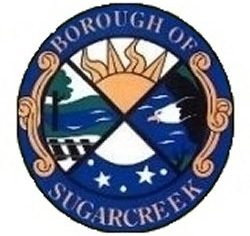Pennsylvania’s Move Over Law requires drivers approaching an emergency response area who are unable to safely merge into a lane further away from the response area to slow to at least 20 mph less than the posted speed limit. An emergency response area is where an emergency vehicle has its lights flashing, or where road crews or emergency responders have lighted flares, posted signs, or try to warn travelers.
The Law
Act 105 of 2020, signed on October 29, 2020 and effective 180 days later on April 27, 2021:
- Creates a new point system that imposes two points for failure to merge into the lane not next to the emergency response area.
- Sets fines at $500 for first-time offenders, $1,000 for a second offense, and $2,000 for a third or subsequent offense.
- Requires a 90-day license suspension for a third or subsequent offense. The license suspension also applies to incidents that seriously injure or kill another person. The suspension is six months if the person injured or killed is an emergency service provider or was near a disabled vehicle.
- Sets additional fines of up to $10,000 for violators who injure or kill an emergency service responder or a person in or near a disabled vehicle.
- Doubled fines for several traffic violations when committed in an emergency response area when first responders are present.
A similar law (Title 75, Section 4572.2) requires motorists to move over or slow down when approaching a stationary trash or recycling truck.
More information
Emergency responders will mark response areas with road flares, caution signs, or other traffic controlled devices.
Disabled vehicles are covered by the Move Over Law when they display at least two of the following markings:
- Vehicular hazard signals lamps.
- Caution signs or other traffic controlled device.
- Road flares.
If you are in a Crash
For a crash that does not involve injury or major damage to the vehicle:
- Move vehicles from the roadway.
- Exchange insurance, driver and vehicle information, and phone numbers for insurers.
- Note minor damage and write down a statement of what happened.
- You may contact police to respond.
For other crashes:
- Contact 911 for police and, if needed, fire and ambulance response.
- Police will need your driver’s license, insurance, and vehicle registration information.
- Police will take witness statements for a crash report.
- You may call a towing company, or the police will contact one to move your vehicle.
If your vehicle becomes disabled:
- Call 911 for police.
- Know your location (route, mile marker, cross street).
- Turn on four-way flashers or tie a flag to show you need help.
- Have your preferred tow company information available.
Keep emergency contact information inside your vehicle for police/EMS to contact family if needed.
